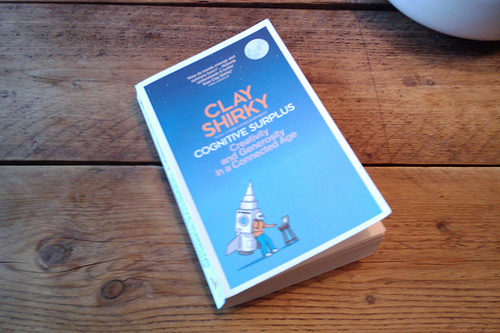A great read, all five of them!
- Monocultures have negative impact. Polycultures take longer to create powerful organisms but inherently build ones that are more adaptable.
- Living in a city is inherently a social experience. Living in a car-driven society isn’t.
- Everyone poaches techies — the New York tech scene was born of those people that can’t be poached and found ways to attract like-minds.
- Don’t look at adversity as something that can be overcome with brute force, deal with it as a normal condition and you will find innovative workarounds.
- Businesses are ultimately about money so to continue fostering success, valley startup might do well to act a little more like New York ones if they want to build sustainable futures.
